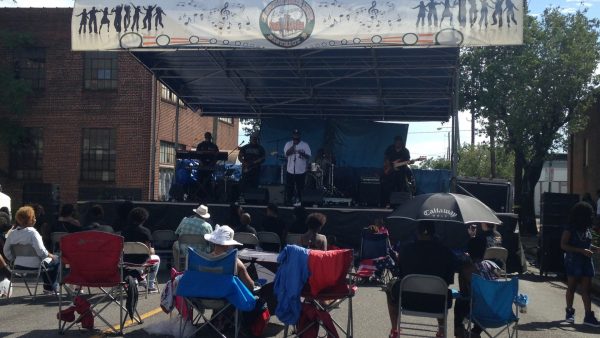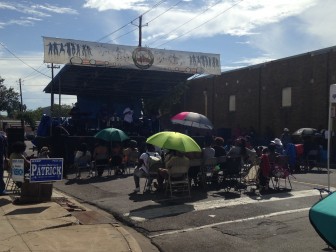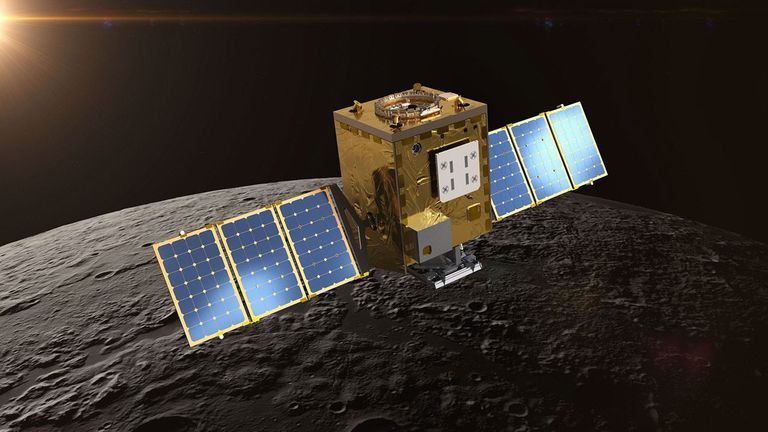The Junction: Sebastian Kole
Sebastian Kole is a Los Angeles-based singer, songwriter, and music producer who has worked with Jennifer Lopez, Flo Rida, and Alessia Cara. Born and raised in Birmingham, Kole returned to his native city this past weekend to perform at Summer Jams in Ensley – a block party presented by Councilor Marcus Lundy and Ensley Alive, a group dedicated to the community’s renaissance.
Kole spoke with The Junction: Stories from Ensley, Alabama producer Mary Quintas about his connection to Ensley, how that connection informs his music, and the positive changes he sees in the community.
Mary Quintas: What brought you to Ensley today?
Sebastian Kole: We’re at the Ensley Alive Summer Jams. Ensley Alive is an amazing project that’s about the revitalization of this area of town, and I’m so happy to be a part of it.
MQ: Do you have ties to the Ensley community?
SK: Oh, tons. I grew up in Forestdale, but I spent a lot of time down here as a kid. Every summer, I’d come down to McAlpine Park and play basketball there. We’d come down to Ensley and play ball. So I’ve got a lot of family members and friends who are from this area, and a lot of those people are helping revitalize the community, and so I’m here supporting them.
MQ: How is your music connected to or inspired by Birmingham and Ensley?
SK: Most of my music is so very Birmingham, so very Ensley. This is where we came up; this is where we did a lot of creating. We rehearsed here. Most of my music tells the stories of being in this area. But I’d say “Jaded” is the most Ensley song I’ve written. I wrote that song here.
MQ: What’s that song about?
SK: Um, it’s about… (Laughs) It’s about a girl who doesn’t appreciate me. She’s not able to see how much I care about her. So I think she’s jaded, you know?
MQ: Is that girl here today? (Laughs)
SK: No. No. (Laughs) We broke up a long time ago.
MQ: So you just performed here at Summer Jams. Give us a sense of what’s happening here today, and what the energy of the crowd is like.
SK: Really humbling. I performed, and just to feel – like, really feel – the love. That’s very cliché to say, but I’ve never really felt that before. In other cities, you get on stage, and they clap for you. But this was different because these were people who were proud of me, who had known me for years, who hadn’t seen me in years. They were looking at my progress, and I’m looking at their progress, and we were just proud to be part of that moment together, you know? It’s just overwhelming. The energy here is just amazing.
MQ: What do you think the perception is of Ensley in other parts of Birmingham?
SK: For a while, it was just that Ensley was a ghost town. I don’t know if Birmingham even has a perception of Ensley. It’s kind of like the land that time forgot. So I think that this new image that’s coming, it’s gonna be amazing because people just didn’t believe that there could ever be anything here. It was just like a dead town. So I think this is great.
MQ: Is there anything else you want people to know about this community?
SK: I want people to know that Ensley really is alive. Ensley is not a location – it’s the people. And the people are believing in themselves again. And I really could cry. I cannot say enough about how wonderful that is, especially in times when you hear so much bad news about so many cities. To see people seriously saying: No, we’re gonna really take the community back. We’re really going to buy the community back, build the community up, and give life to these ideas. I think that this is amazing.
Hear Sebastian Kole performing “Carry On” live at Ensley Summer Jams 2016.
This story is part of The Junction: Stories from Ensley Alabama. For more about the series, visit junctionstories.com. The Junction is produced by Mary Quintas and brought to you by WBHM and Finding America, a national initiative produced by AIR, the Association of Independents in Radio, Incorporated. Financial support comes from the Corporation for Public Broadcasting, the Wyncote Foundation, the John D and Catherine T MacArthur Foundation, and the National Endowment for the Arts.
Deadline looms as Anthropic rejects Pentagon demands it remove AI safeguards
The Defense Department has been feuding with Anthropic over military uses of its artificial intelligence tools. At stake are hundreds of millions of dollars in contracts and access to some of the most advanced AI on the planet.
Hillary Clinton calls House Oversight questioning ‘repetitive’ in 6 hour deposition
In more than seven hours behind closed doors, former Secretary of State Hillary Clinton answered questions from the House Oversight Committee as it investigates Jeffrey Epstein.
Chicagoans pay respects to Jesse Jackson as cross-country memorial services begin
Memorial services for the Rev. Jesse Jackson Sr. to honor his long civil rights legacy begin in Chicago. Events will also take place in Washington, D.C., and South Carolina, where he was born and began his activism.
In reversal, Warner Bros. jilts Netflix for Paramount
Warner Bros. says Paramount's sweetened bid to buy the whole company is "superior" to an $83 billion deal it struck with Netflix for just its streaming services, studios, and intellectual property.
Trump’s ballroom project can continue for now, court says
A US District Judge denied a preservation group's effort to put a pause on construction
NASA lost a lunar spacecraft one day after launch. A new report details what went wrong
Why did a $72 million mission to study water on the moon fail so soon after launch? A new NASA report has the answer.








